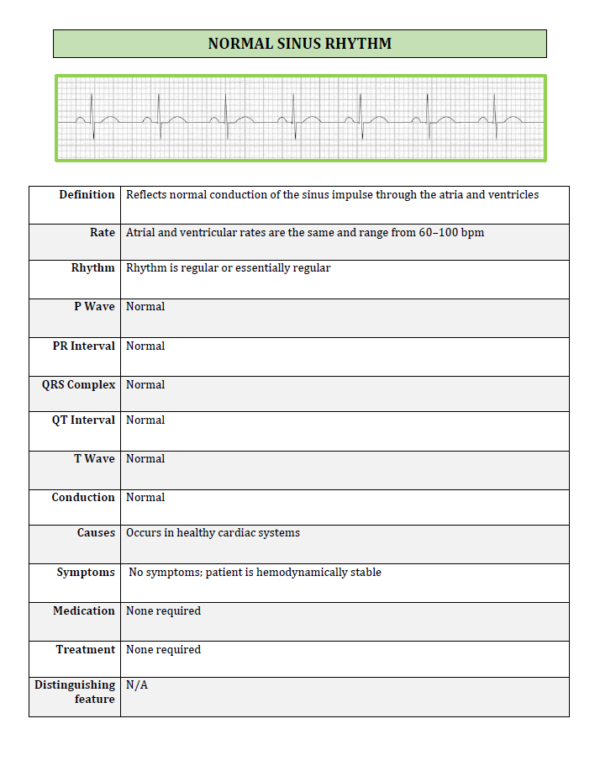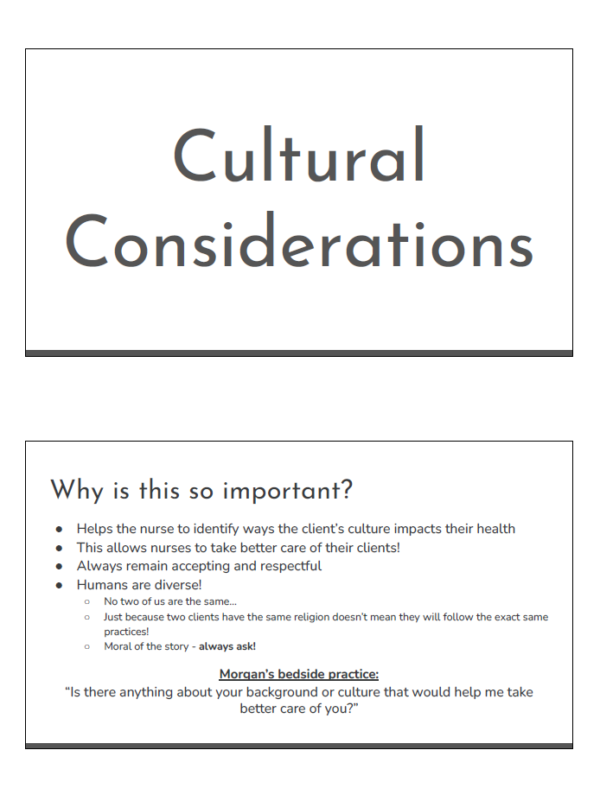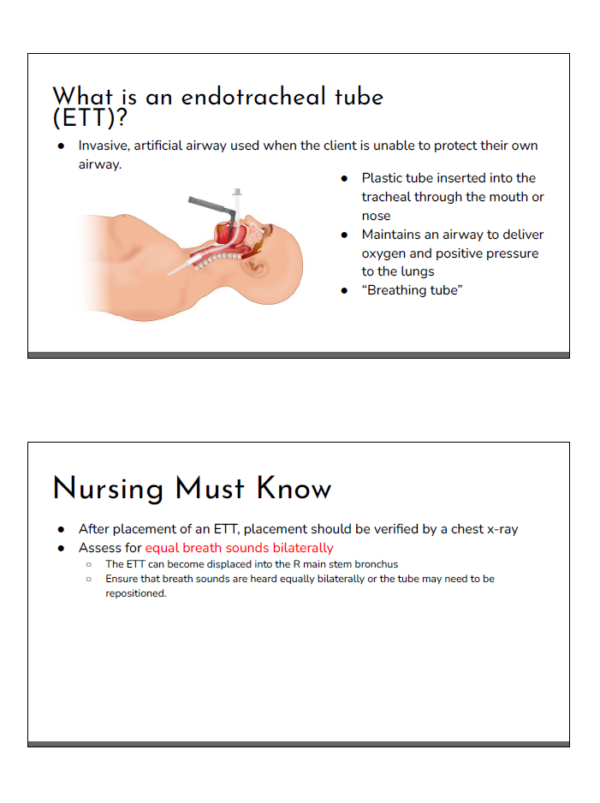EKG Changes with Electrolyte Abnormalities: A Quick Reference Guide
This document provides a detailed guide on how electrolyte imbalances, such as hyperkalemia, hypokalemia, hypermagnesemia, hypomagnesemia, hypercalcemia, and hypocalcemia, manifest in EKG readings. It explains key changes to watch for, including variations in P waves, PR intervals, QRS complexes, and T waves. With insights into associated risks like ventricular fibrillation and torsades de pointes, this guide is ideal for healthcare professionals seeking to improve their understanding of EKG interpretation in relation to electrolyte disturbances.
Preview document (- of - pages)
$2.50
- 100% Guaranteed Satisfaction
- Documents can be downloaded immediately
- No hidden fees
Specifications
School:
-
Course:
-
Subject:
-
Year of study:
-
Document
Section:
-
Made on:
October 5, 2024
Type:
.pdf
Pages:
-
Language:
English
Seller

You may also find these Examinations helpful
-
GTPAL Practice Worksheet: Mastering Obstetric History Calculations
Study Guides by NurseEducator on 05-10-2024This document offers a series of practice scenarios to help healthcare professionals accurately calculate GTPAL (Gravida, Term, Preterm, Abortions, Living Children) for obstetric patients. Each scenario is designed to reinforce... -
EKG Dysrhythmias: A Comprehensive Guide to Cardiac Rhythm Interpretation
Study Guides by NurseEducator on 05-10-2024This document provides a detailed overview of common EKG dysrhythmias, including sinus arrhythmias, atrial fibrillation, ventricular tachycardia, and heart blocks. It covers the defining characteristics of each rhythm, such as... -
Cultural Considerations in Healthcare: A Guide for Nurses
Study Guides by NurseEducator on 05-10-2024This document provides nurses with essential insights into how culture impacts patient care. It covers key cultural practices related to diet, communication, family dynamics, and religious beliefs across various cultures... -
Critical Care Concepts: Essential Skills for Managing High-Risk Patients
Study Guides by NurseEducator on 05-10-2024This document provides an in-depth overview of critical care concepts essential for healthcare professionals working with high-risk patients. It covers airway management, ventilator use, neurological assessments, hemodynamic monitoring, and vasoactive...

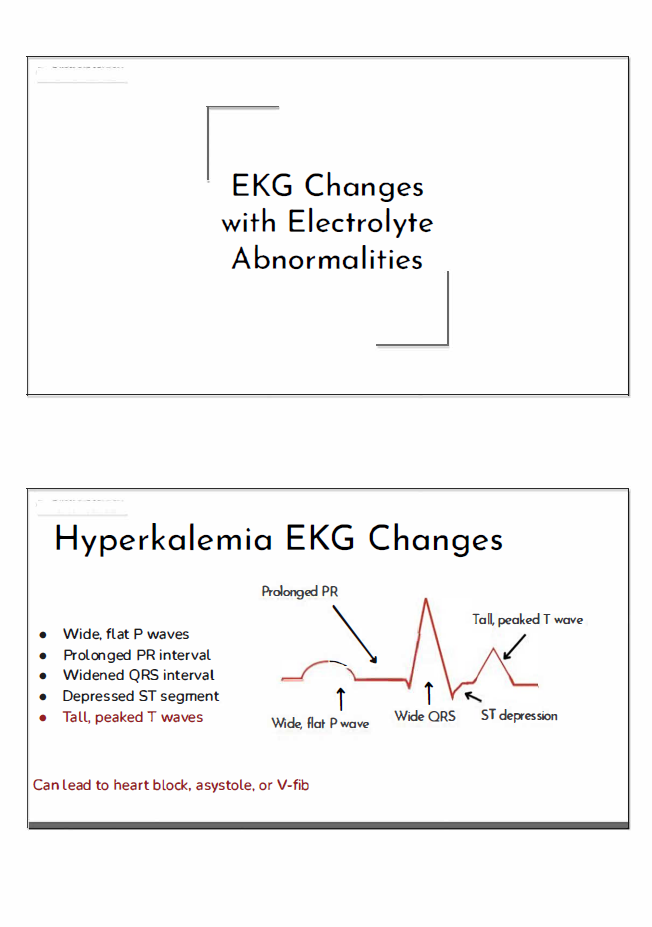
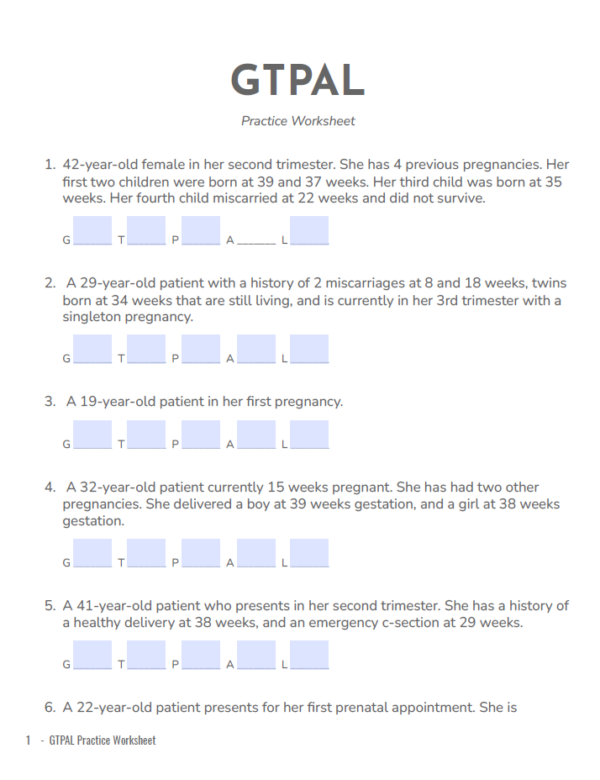
 4 Pages
4 Pages
